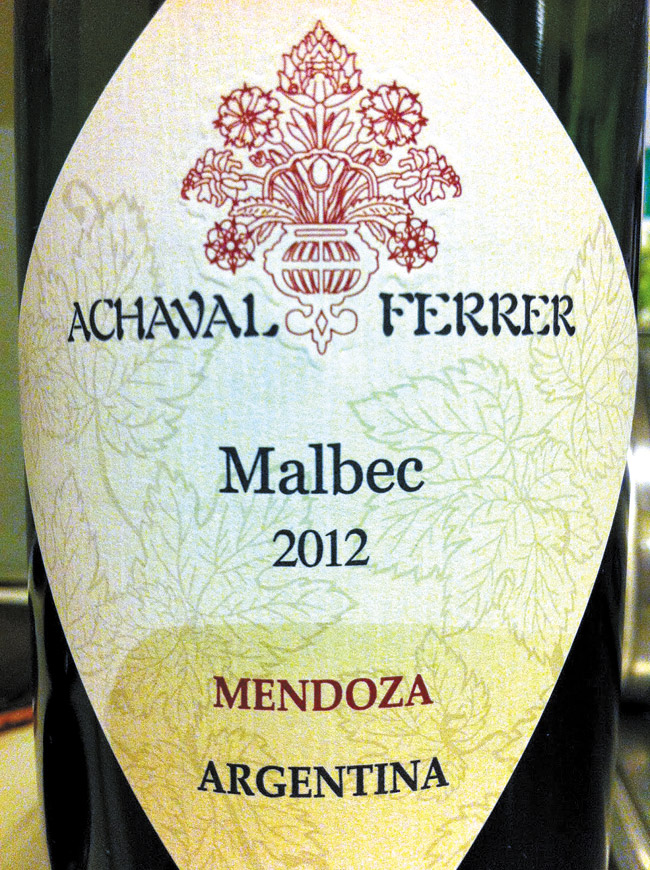Objectivity In Wine Tasting?
Can tasting wine be completely objective?
As a trained wine taster, I am supposed to say yes, and yet I struggle with this question because there are so many variables to its answer. My mind meanders down several paths in search of answers.
Taste is quantifiable. Everything humans can taste can be measured. The amount of alcohol, tannin, anthocyanin, polymers, aromatic compounds and color — everything in a glass of wine can be analyzed and deciphered. So, yes, if something can be quantified, it can therefore be objectively analyzed for intensity, quantity and quality.
Or can it? In wine, adding up all of these different components does not equal the sum of its parts. The way the flavors of the wine flow on our palates or the sequence in which each of our palates identifies these components can be different. Characters such as harmony and balance are not easily measured in a laboratory. Even our ability to identify all of these components is diverse.
We are individuals.
Consider the variables among us. Each of us is the sum of our experiences — of what we have seen, heard, smelled and felt — as well as our environment. Our interpretations of each experience in our lives may be different, as well. You may love the movie you just watched, while your partner may not have thought very much of the film. Now add on the layer of belief systems and another layer of education and knowledge.
None of us is identical in the experience of life.
So how can we not bring our own persona into the act of tasting and drinking wine?
Physically speaking, we are individuals. It is well-documented that there is a bell-curved graph between supertasters, normal tasters and non-tasters, with the large majority within the normal tasters range.
But how about the other variables of what we ate for breakfast, how much sleep we got the night before, the temperature of the wine, our core temperature or the food we are eating with the wine?
We are not wine-analyzing robots; we are not machines at all. We have emotion, passion, will and opinions. These are all things with which we should approach wine. You can find all of these in wine, and it is what makes wine more than just a beverage.
I ask why the act of tasting wine shouldn’t be subjective. I recommend wine every week in this column, and if you like it, awesome. If you do not, I hope that you find something else you like.
Critics are not objective. In fact, they are some of the most opinionated of all wine drinkers.
So why not be subjective? Life is not an objective experience, and neither should your wine tasting.
Recommendations: 2012 Achaval-Ferrer Malbec ($27) This is a Malbec that would make non-Malbec drinkers convert. It has a beautiful richness and sensual texture to it, with rounded edges filled with blackberry and currant flavors. I immediately thought of an herb-rubbed ribeye on a coal-fired grill when I tasted this wine. 2012 Leth Steinagrund Gruner Veltliner ($15) It smells like pineapples, peaches and nectarines. Light-bodied and refreshing, this wine is really a pleasure to drink. I like it with a salad loaded with fruits and light vinaigrette.
Roberto Viernes is a master sommelier.
rviernes@southernwine.com
twitter: @pinotpusher






